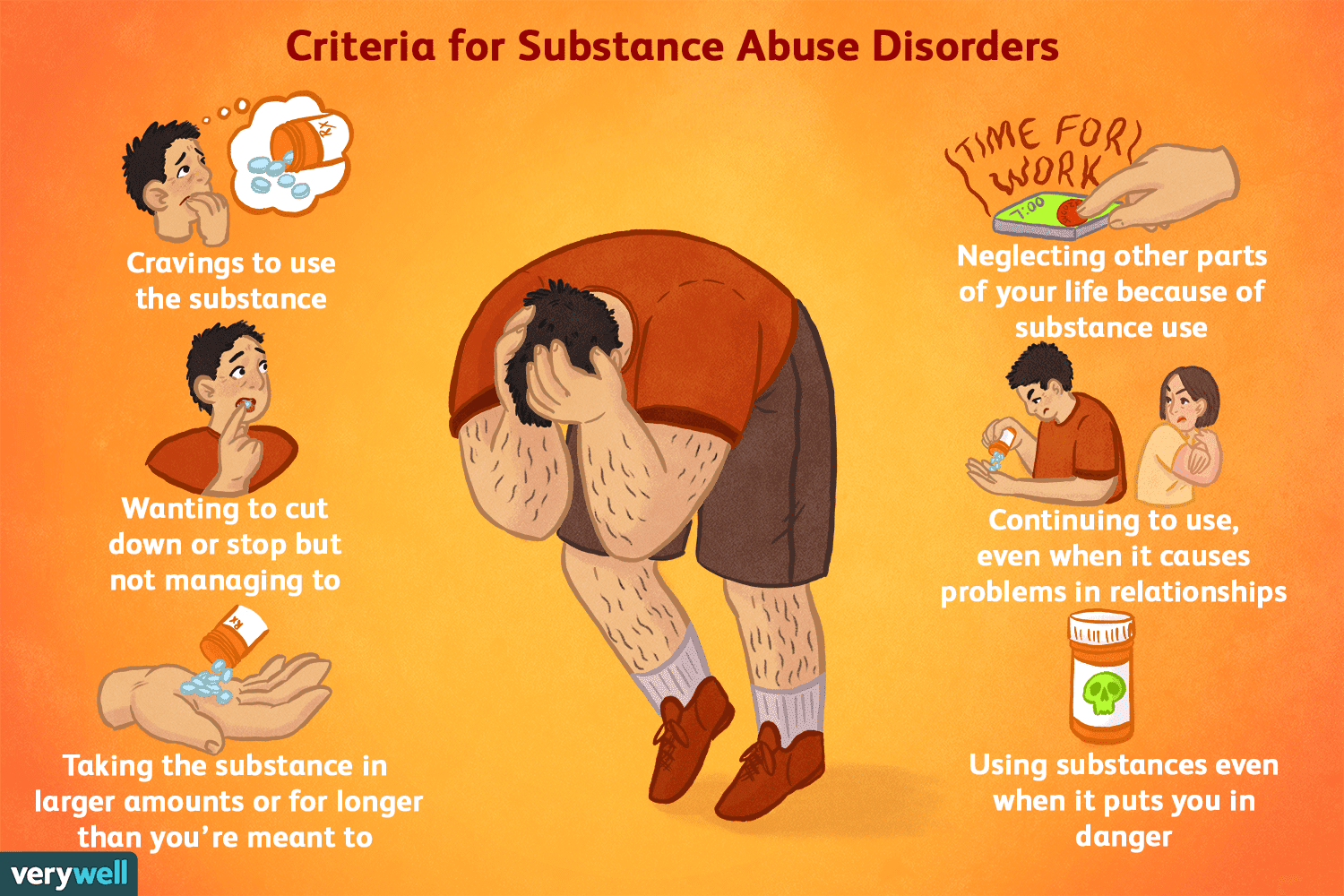 Exposure to traumatic experiences, especially those occurring in childhood, has been linked to substance use disorders. Trauma is a risk factor in nearly all substance use disorders. The experience of a traumatic event (without meeting the criteria for PTSD) can result in an increased risk for substance use disorder.
Exposure to traumatic experiences, especially those occurring in childhood, has been linked to substance use disorders. Trauma is a risk factor in nearly all substance use disorders. The experience of a traumatic event (without meeting the criteria for PTSD) can result in an increased risk for substance use disorder.
The facts on substance use and trauma
- Women who are exposed to traumatic events show an increased risk for alcohol use disorder.
- Men and women who have experienced sexual abuse have higher overall rates of alcohol and other substance use disorders.
- Children of people with substance use issues are twice as likely to develop their own addiction
- Research shows that nearly 60 percent of young people with PTSD will develop a substance abuse problem.
- People with an ACE score of four are twice as likely to be smokers and seven times more likely to be an alcoholic.
Why is there such a strong link between trauma and substance use?
People with PTSD use substances in an attempt to cope with their symptoms. People often turn to alcohol and drugs to combat the uncomfortable emotional and physical symptoms of trauma, which is why addiction and trauma are so closely linked. Substance abuse is a coping skill to deal with the uncomfortable emotions of PTSD. It is also believed that due to one’s substance abuse, people tend to put themselves in situations that result in more trauma.
Can you treat trauma and substance use disorder together?
Due to the high rate at which trauma and substance abuse occur and a better understanding of how trauma impacts the risk for substance use disorders, more organizations are promoting the treatment of both disorders together. In 2017 Veterans Administration/Department of Defense Clinical Practice Guideline for PTSD recommends that evidence-based treatments, such as EMDR, Dialectical Behavioral Therapy (DBT), Seeking Safety be used to address PTSD and substance use disorder. Chromotherapy can also be helpful.
We have therapists trained and certified in EMDR and DBT. Contact us to find out more.
